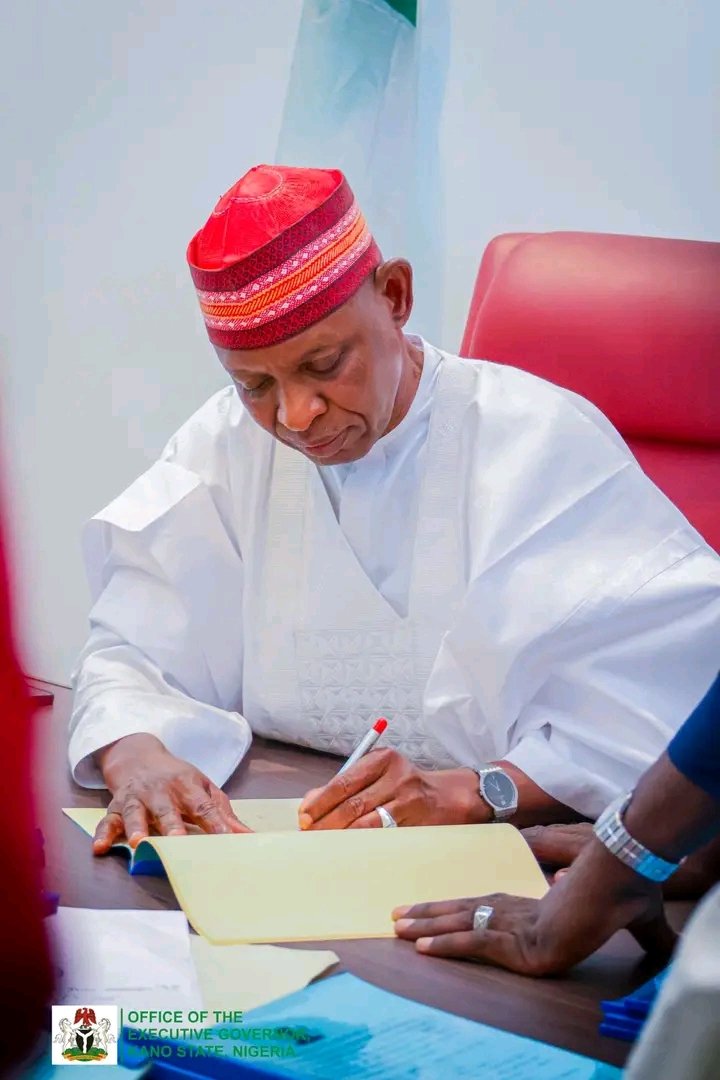As the world marks World Breastfeeding Week (WBW) from August 1 to 7, 2025.under the theme “Invest in Breastfeeding, Invest in the Future”, Nigerian mothers are calling for stronger, more consistent support throughout the breastfeeding journey—from pregnancy to postpartum recovery.
In line with this year’s global campaign championed by the World Health Organization (WHO) and UNICEF, Africa Health Report spoke with mothers and pregnant women across the Federal Capital Territory (FCT), as well as a maternal health expert, to understand the realities behind the advocacy slogans.
For 28-year-old Halima Yusuf, a mother of two in Nyanya, Abuja, Nigeria the challenge wasn’t deciding whether to breastfeed—it was finding the strength to continue.
“I gave birth at a public hospital, but after delivery I was left on my own,” she said. “There was no one to show me how to position the baby, and I was in pain. I almost gave up.”
Mothers interviewed in communities around Kubwa, Gwagwalada, and Lugbe echoed similar frustrations. Many said that while health workers encouraged exclusive breastfeeding, they rarely provided the practical support or follow-up guidance needed to maintain it.
Mary Ojima, currently in her third trimester, said antenatal clinics rarely prepare women for the emotional and physical demands of breastfeeding.
“They tell us to breastfeed exclusively for six months, but no one explains what to do when you’re sore, tired, or not producing enough milk. It feels like we’re set up to fail.”
Health experts agree the gap between policy and practice is a serious concern.
A paediatrician and lactation consultant in Abuja, Dr. Peace Ani, told Africa Health Report that while awareness has grown, the health system still falls short in its responsibility to equip women for successful breastfeeding.
“Breastfeeding isn’t just a personal decision—it requires a support system,” Dr. Ani said. “We need more trained lactation counsellors, postnatal check-ups focused on feeding, and workplace policies that make space for nursing mothers.”
Despite Nigeria’s endorsement of WBW since 1992 and its adoption by the World Health Assembly in 2018 as a key global health strategy, implementation at grassroots levels remains weak.
This year’s campaign urges governments, communities, and the private sector to invest not just in awareness, but in infrastructure—from breastfeeding-friendly hospitals to comprehensive maternal health programmes.
For mothers like Halima and Mary, the message is simple:
“If you want us to breastfeed, help us do it. We can’t do it alone.”



